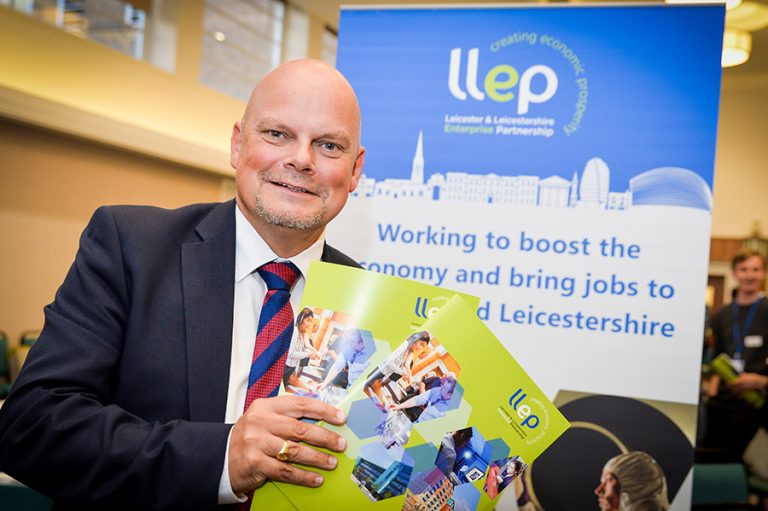- ‘Try before you buy’ – if you are unsure as to what equipment your business may need, you can use a rental system to gauge what would be the most suitable product for you.
- The option to keep your manufacturing process going, whilst Newsome carries out any necessary maintenance on your existing equipment.
- Renting rather than buying allows the flexibility to upscale/downscale your equipment in response to seasonal fluctuations in temperature.
- With cash flow and capital expenditure being stretched, hiring energy efficient temperature control equipment avoids the need for a substantial, initial outlay and enables you to take advantage of fixed monthly costs.
- Tax Relief – Rental expenditure is 100% allowable against corporation tax and will reduce what you pay. What’s more, rental equipment is not considered as an asset, so does not need to be included on the balance sheet.
Newsome invests in new, eco-friendly chiller rental fleet to help manufacturers get ‘summer-ready’
Property consultancy reveals raft of East Midlands promotions
Not long remains until the Property & Business Investment Lincolnshire Expo – register now!
Duo of new directors at Nicholsons
Eco-friendly residential development gets green light
- A tree-lined entrance avenue
- A higher proportion of public open space – with a central green and other areas for recreation and leisure, and areas set aside to support biodiversity
- A community orchard, where local residents will be able to pick apples, pears, walnuts and cherries
- A new village pond incorporating a pedestrian boardwalk
- Solar panels and electric car charging points for all properties
- A series of embedded energy-saving measures, giving homes the highest A efficiency rating (the national average is D)
- Full fibre to all properties, for ultrafast broadband connectivity
LLEP chair will not seek re-election at end of current term
Land deal sealed for Leicestershire housing development
Stoneygate Trust and University of Leicester combine to create pioneering new Centre for Empathic Healthcare
PKF Smith Cooper appoint new Audit Director
Paragon completes £3.3m finance package with Lodge Park Homes for Milton Keynes scheme
XPO Logistics awarded Tesco contract for distribution of chilled foods
Is the East Midlands a new commuter belt?
200 jobs saved as modular construction business sold
Belvoir records 25 years of unbroken profit growth
Lincs director guilty of exposing public to asbestos gets prison term
“It is imperative that all waste businesses have the correct permits in place to protect themselves, the environment and the public. We support businesses trying to do the right thing, only issuing enforcement notices, and penalising businesses as a last resort.”
In 2015, illegal waste activity was estimated to cost over £600 million in England alone, with the figure for the UK likely to be much higher. Charles pleaded guilty to 2 counts of operating a waste operation without a permit, contrary to Regulations 12, 38(1)(a) and 41(1)(a) of the Environmental Permitting (England and Wales) Regulations 2016. He also pleaded guilty to 2 counts of keeping or disposing of controlled waste in a manner likely to cause pollution or harm, contrary to Sections 33(1)(c), 33(6) and 157(1) of the Environmental Protection Act 1990. On 13 June the court will decide costs against Charles in favour of the Environment Agency and the proceeds of crime order.Midlands-wide support generated for Notts’ bid to host UK’s first fusion power plant prototype
Manufacturing output and new order growth slow in March as business optimism dips to 14-month low
Leicestershire law firms merge
Masterplan lays out the future of transport network in the Midlands to boost economic growth
- Electric vehicle charging infrastructure;
- Alternative fuels, including natural gas and hydrogen for HGVs;
- Boosting mobility in rural areas;
- Creating more space for passengers and freight on our rail network;
- A ‘tap and cap’ smart ticketing solution for passengers using buses, trams, bike hire and the rail network across the Midlands (similar to the system used in London)
- Birmingham-Derby-Nottingham rail journey time improvement
- M1 junction 28 improvements
- A50/A500 Corridor Central Section (around Uttoxeter)
- Nottingham-Lincoln rail journey time improvements
- A1/A52 junction upgrade at Grantham
- Coventry-Leicester-Nottingham new direct rail services and journey time improvements
- A46 improvements at Syston
- M1 improvements including Leicester Western Access and North Leicestershire extra capacity
- A5/A426 Gibbet Hill Junction
- A46 improvements between Stratford and Warwick
- A46 improvements in Evesham area
- Kings Norton area rail capacity improvements
- Reinstatement of Snow Hill Station platform number 4 in Birmingham
- Birmingham Motorway Box – safety and reliability improvements
- A5 improvements between Hinckley and Tamworth
- Birmingham-Black Country-Shrewsbury rail journey time improvement
- M6 J15 improvements
- Birmingham – Leicester rail journey time improvements






















